NSW to lower age for children to get flu vaccine in pharmacies
The move won’t fight COVID-19 directly, but will reduce severity and spread, NSW Health Minister says.
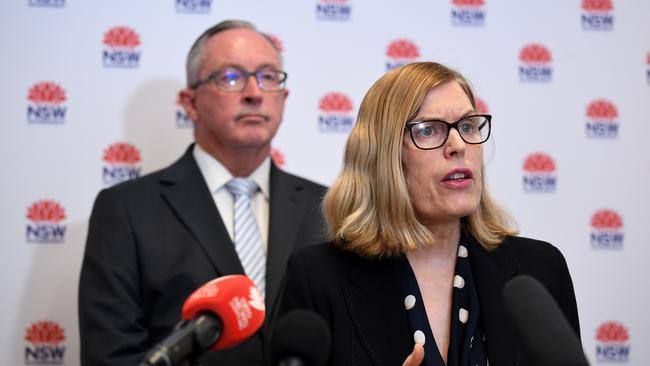
The NSW government is preparing for a flu season that will see “the likely convergence of a COVID-19 pandemic with the winter flu” by lowering the age at which children can receive the flu jab at pharmacies, creating streams in emergency department rooms and encouraging the community to take preventative measures to boost their own immune systems.
NSW health minister Brad Hazzard on Monday said the decision to lower the age at which children can receive flu jabs through pharmacies from 16 to 10 won’t fight coronavirus directly, but will assist by boosting the immunisation rate of the community.
“While the flu vaccine won’t combat COVID-19, it will reduce the severity and spread of flu, which can lower a person’s immunity and make them susceptible to other illness,” Mr Hazzard said.
“This season particularly everybody should be ensuring they get out and have a flu shot. There’s no doubt about it that because of the compounding factors this particular season we are going to see a converging period where the flu season will come across us and at the same time we’re expecting the coronavirus to be extending its reach.”
The scheme will be in effect mid-March and flu vaccines will become available in April.
NSW Chief Health Officer Dr Kerry Chant said that the health system’s ongoing response to coronavirus and influenza would be informed by how the international community handled the response, and said lessons would be learned from the Japanese government’s handling of the Diamond Princess situation where uninfected passengers onboard were quarantined along with people with coronavirus. Perth man James Kwan, who was on board the cruise ship, has become the first Australian infected with the virus to die.
“The international community is learning all the time,’’ Dr Chant said. “I think there are a number of learnings from the Japanese cruise ship.
“In terms of our response to cruise ships, we would incorporate those learnings into our response.”
“We would do it differently in light of those learnings. We would not be quarantining everyone on that cruise ship. We would also be very clear about some of the issues around the crew and the crew’s interactions with the patients.”
Dr Chant said that all hospitals must establish respiratory clinics in order to relieve emergency departments over the flu season and to separate any COVID-19 or influenza infected people from other patients with vulnerable health conditions.
We have asked all our hospitals to undertake planning for acute respiratory clinics and that’s in the knowledge you won’t be able to discriminate between potentially patients with influenza and other respiratory viruses and COVID-19.”
“One size fits all doesn’t work,’’ she said. “We know the spread of the virus or the spread of even the flu season can impact in different areas of the state at different times so we envision these clinics may be open and operational for certain times and not others.”
“(This) will release some of the burden on emergency departments, which we know have been quite stressed.”
In hospitals that have a high number of people presenting to emergency wards with respiratory illnesses, Dr Chant said hospitals should establish streamlined wards for people with heart problems or other chronic health conditions to keep contact at a minimum, and urged members of the public not to visit an emergency ward as a first point of call.
“We are going to call on the community not to be attending emergency departments if they can seek care in alternate ways that doesn’t compromise their health,” she said.
Dr Chant also said the government would be able to manage a shortage of protective masks in hospitals and healthcare centres.
“We are obviously monitoring critical supplies very closely in our healthcare system,” she said.
“We have a centralised procurement agency called healthshare and we have centralised procurement and resupply for our facilities through that mechanism.
Obviously in a time of competing demand and high international demand for the masks we must keep our healthcare workers protected.”
NSW currently has six confirmed cases of coronavirus and as of Monday was testing 80 people for the virus, down from 300 on Sunday. Two cases are currently active while the other four people have recovered and are out of hospital.
Mr Hazzard said the two active cases — a 40-year-old man and 50-year-old woman — had recently returned from Iran and the government was in the process of locating people who had been in close contact with the pair.
“The first gentleman, the 40-year-old, we have two of his close contacts that are in quarantine and another six that are actually in isolation,” Mr Hazzard said.
“The 50-year-old lady came on a Qatar air flight on the February 23 that arrived at 6.50pm at Sydney Airport.”
“It was flight QR908 and we are currently making investigations as to precisely the location she was occupying in the plane, and we are also looking at trying to ensure that we reach out through the border force details we can access to contact the people who were sitting in her immediate vicinity.
My message as health minister is that anybody on that flight … should be very aware that there was somebody on their flight that had coronavirus.”
Dr Chant said the department of health would reach out to passengers who sat near the 50-year-old-woman on the flight and advise them to self-isolate and visit a doctor.
The two infected people are reportedly in relatively good health and in a stable condition.
Mr Hazzard also suggested the NSW government would apply for additional health funding from the federal government if the situation escalates.
“We had a COAG health ministers meeting on Friday and I made a point to the federal government that we have obviously a budget that is designed for a normal year’s health,” he said.
“I have put the federal government on notice that it may be – in fact all states and territories agreed – that we may need more money to be able to deal with it, but at this point we are looking to manage.”
“It may become necessary if it does escalate to have some of our services diverted out of our public hospitals into private hospitals … and paying the private system, which means our budget will be going there and we might need some additional money.”

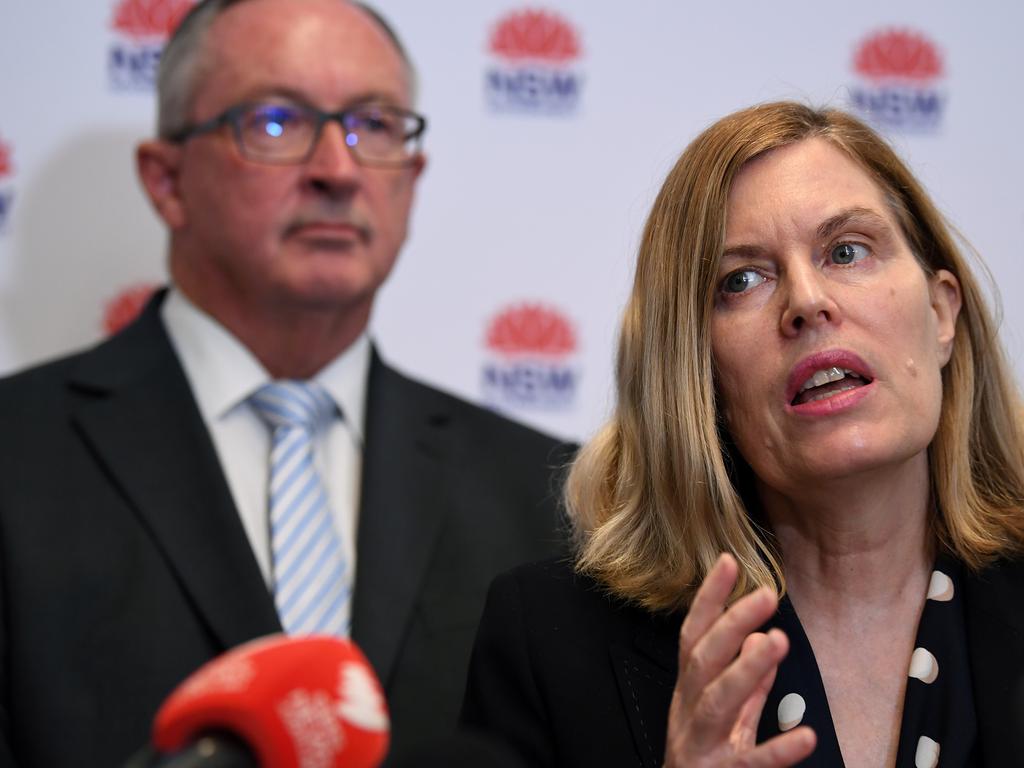
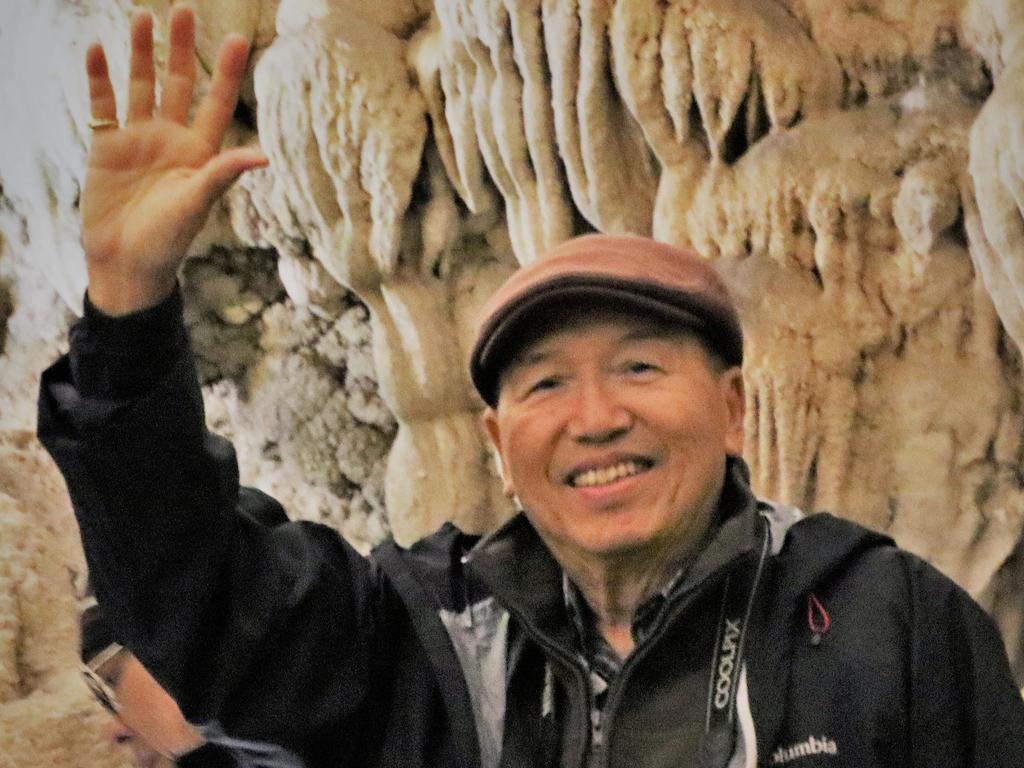
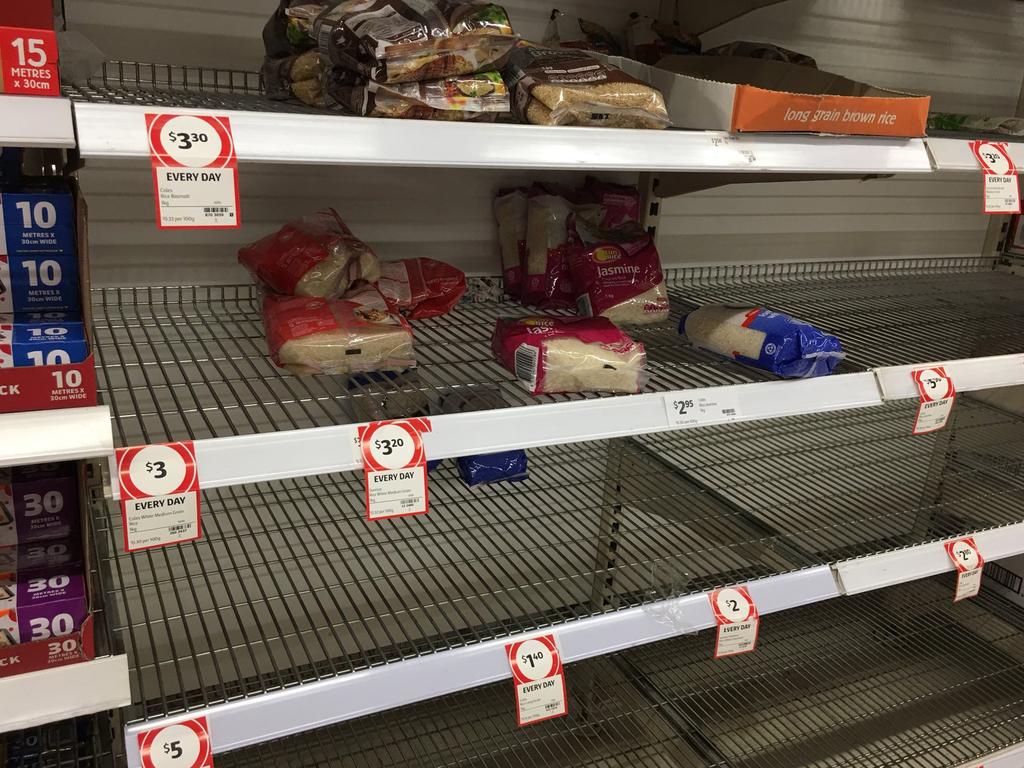
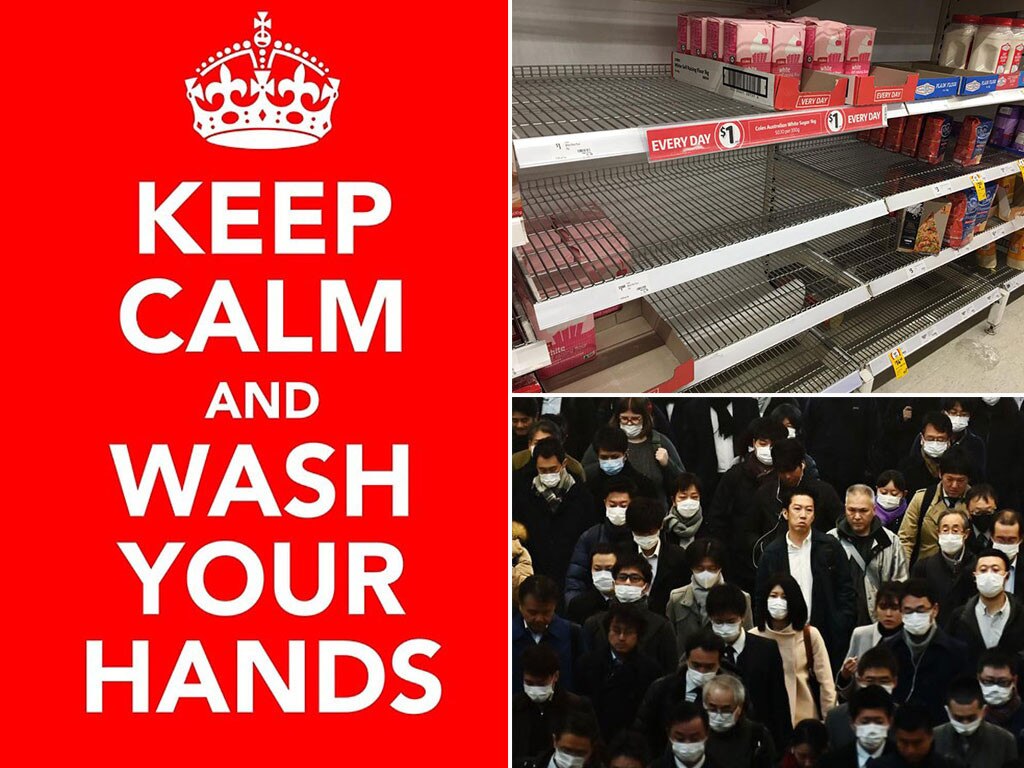


To join the conversation, please log in. Don't have an account? Register
Join the conversation, you are commenting as Logout